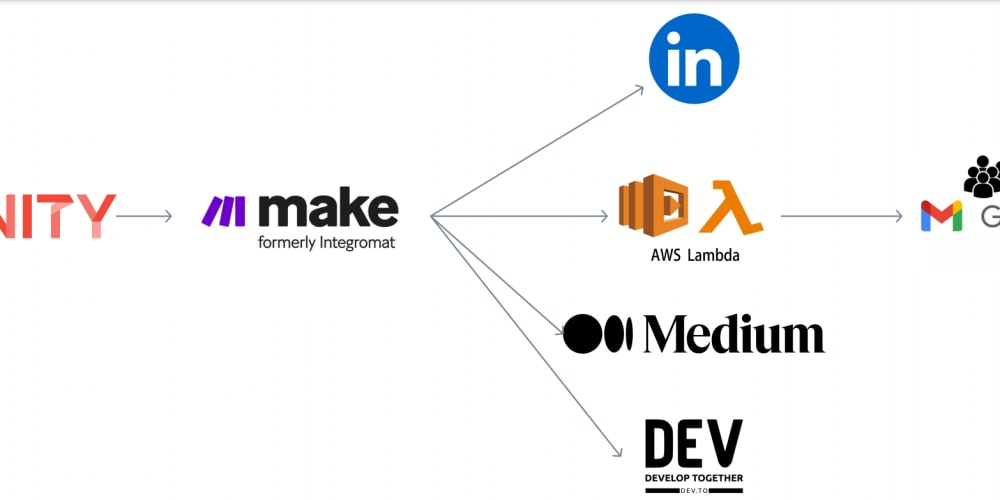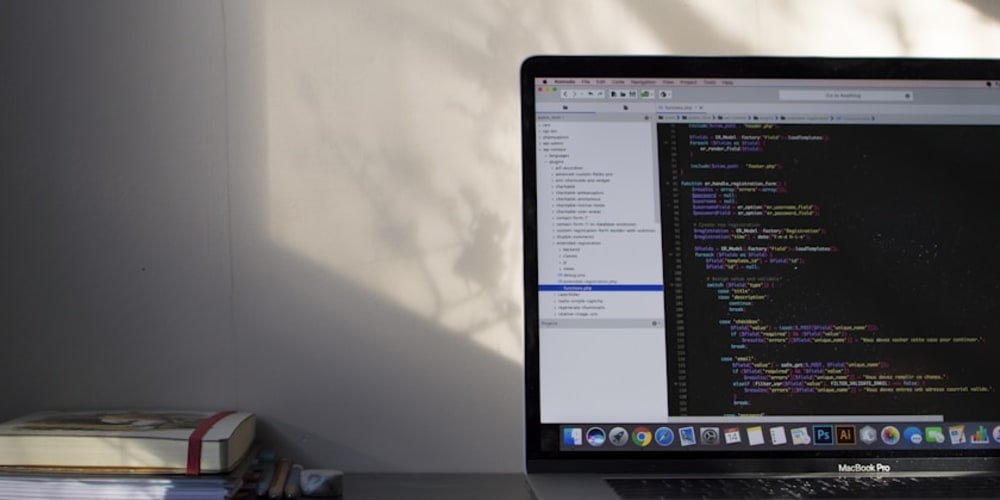Introduction👋
I’d like to share the different stages involved in finding an internship/placement as a Computer Science student. I’m going to keep this information as brief as possible, but if you have any questions feel free to send me a message (contact details at the end of the article)!
I applied for my internship during the second year of my degree (2018–19), and you should start applying as soon as your second year begins. Internships vary in how long they are from a few weeks to an entire year. The length of your internship is totally up to you. If you go for a year-long placement however, you will need to take that year out of your degree, increasing the length of your studies by 1 year.
I study in the UK so things may be a little different where you are from — but I imagine most things are the same.
Stages Involved in Finding an Internship🔎
• Write a CV (Curriculum Vitae) / Resume
This should be a 1–2 page collation of all of your experiences to date. This should include academic attainment and any work experience you may have.
• Search for jobs
You should be searching for jobs including ‘placement’ or ‘internship’, for example ‘Software Developer Placement’, and so on. Places that I used to search were: my university’s job posting site, GlassDoor, RateMyPlacement and Indeed. I’m sure there are other sites that also advertise these vacancies. If you know of a company you would like to work for, you could check their website directly and see if they are running any internships.
• Write a Cover Letter (if required)
Most vacancies will require you to submit both a CV and a cover letter. A cover letter is a short written piece where you explain why you are interested in the internship, and affirm that you are a suitable candidate. Employers usually read these and then go through your CV, so making sure this is written well is important!
• Keep track of all the places that you’ve applied to
I made a basic spreadsheet and detailed the following things:
Company name
Date applied
Vacancy details: name, deadline for applications, job description
This is really helpful when you’ve applied to a few companies, because it means you won’t forget where you’ve applied to. You can come back to this spreadsheet as and when you receive invitations to interviews (or sadly, any rejections) to keep on top of all of the companies that you have applied for.
• Set up a Personal Portfolio or a GitHub account
This gives a company a way to see the types of things you’ve worked on, which could increase your chances of getting a job if they like what they see.
I personally have a couple of my university work posted on my GitHub. You don’t need to have dozens of projects or a super pretty website — just some way to show an employer what you have done. Remember, these employers aren’t looking for a perfect coder, just someone with a genuine passion to excel in the field. Showcasing your work is a great way to highlight this.
• Prepare for the interviews
Great — you’ve been invited to an interview with a company — now what?
I was left feeling overwhelmed when I received offers from places that I applied for — mainly due to my lack of self-confidence. If you end up feeling like this, you’re not alone!
Preparing for interviews is a very broad topic which, if you searched online, you’d find many different resources. I’ll give a little bit of information on what I personally did, but I recommend you also do your own research into interview preparation.
‣ Research the company
Company research is so important. You’re going to be asked to show your interest in the role you applied for and the company itself, so you’ll need to do a bit of research on them. Find out exactly who they are, what they do, and things that you find interesting about them. This way, you’ll be able to demonstrate you passion and enthusiasm for both the role and the company.
‣ Brush up on any technical skills
For example, if they’re advertising a position working with JavaScript, make sure you know the basics. Most companies will tell you whether or not you will be undertaking a technical interview, in which case it should indicate what you may need to prepare for it.
A great way to brush up on your general programming skills is by using websites like HackerRank or LeetCode. Both websites are similar on the basis that they provide you with programming exercises to complete, of varying levels of difficulty, in most programming languages.
Algorithms and Data Structures is an important topic to cover as well. I personally went over my university unit which covered all of this information, but if you haven’t studied the topic yet, there are many resources online to read up about it!
‣ Know what you’ve written on your CV and Cover Letter
The employers will most likely have the CV and Cover Letter right in front of them, so make sure you know exactly what you’ve put on there. It will make it easy for you to explain the different areas of your academic experience and other work experience you may have.
‣ Dress appropriately
Dressing in smart or smart-casual attire is the best idea. I’d personally stay clear of wearing casual clothes to an interview — show the company that you care by taking care of your appearance!
My Tips
• Make use of your university’s careers services.
• Make sure your CV and Cover Letter are perfect — no errors in spelling or grammar.
• Tailor your CV and Cover Letter to each vacancy — generic applications aren’t generally taken seriously and decreases your chances of being invited to an interview.
• Attend networking events — your university may host employability events where employers come in to talk about what they do and the jobs they have to offer. These can help you massively during the application process if an employer remembers you!
• Don’t give up! — Placements and internships are very competitive, so rejections are totally normal. Don’t let it knock your confidence and continue to search for and apply to more internships.
Conclusion
I hope this brief post is useful to you if you’re looking for a student placement / internship. Follow me on Instagram and Twitter to keep up to date with my life as a student, and things I get up to! You can also contact me through these platforms if you have any questions.
If you found this post useful, I’d greatly appreciate you sharing it on your own platforms to benefit other people! Thanks for reading😊👋


















